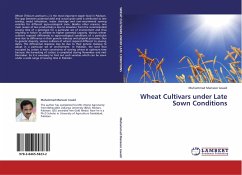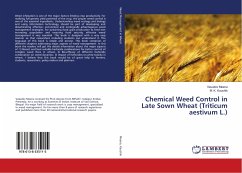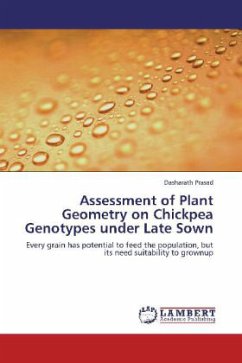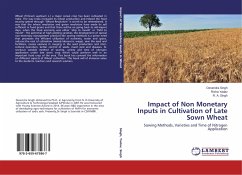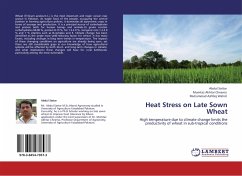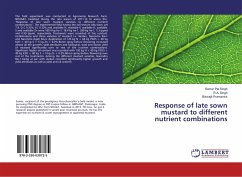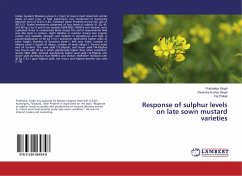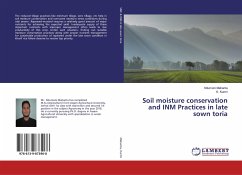Wheat (Triticum aestivum L.) is the most important staple food in Pakistan. The gap between potential yield and actual grian yield is attributed to late sowing, weed infestation, water shortage and non-recommend sowing varieties for different agro-ecological zone. Besides other reasons, one main reason of low productivity is due to deviation from the recommended sowing time of a genotype for a particular set of environment and thus resulting in failure to achieve its higher potential capacity. Various wheat cultivars respond differently to agro-ecological conditions of a particular area due to difference in their genetic makeup and physical processes. Due to genetic diversity, various cultivars of wheat respond different to sowing dates. The differential response may be due to their genetic makeup to adopt in a particular set of environment. In Pakistan, the land that occupied by cotton is main constraints of sowing wheat at optimum time because the harvesting of cotton is completed during November and mid-December. So it is necessary to find out such varieties which can be sown under a wide range of sowing time in Pakistan.
Bitte wählen Sie Ihr Anliegen aus.
Rechnungen
Retourenschein anfordern
Bestellstatus
Storno

